Shell will install a nationwide network of hydrogen fuelling pumps at retail sites in Germany from 2016.
The company, which opened its first hydrogen fuel station in Germany in 2011, has signed a declaration of intent with joint venture partners and Germany’s federal transport minister, Alexander Dobrindt. It will lead to hydrogen fuelling pumps being available at around 400 locations across the country by 2023.
In Germany, Shell is part of a joint venture called H2 Mobility Deutschland, between Air Liquide, Daimler, Linde, OMV, Shell and Total, which has an aim to progress the commercialisation of hydrogen.
“Hydrogen-fuelled electric vehicles could play a key part in a low-carbon, low-emission, future,” said Oliver Bishop, general manager of hydrogen at Shell. “It will take technical innovation and bold policies to transform the global energy system into a progressively cleaner, less carbon-intensive one. H2 Mobility Germany shows what we can achieve through close collaboration between governments and business. The next step is for consumers to embrace this opportunity and consider buying hydrogen vehicles as they become available.”
Shell currently operates three hydrogen stations in Germany, including one in Berlin and two in Hamburg. Shell anticipates the first four new fuelling points will be installed at existing retail sites in Frankfurt, Wuppertal, Geisingen and Wendingen.
The pumps at these sites will refuel hydrogen fuel cell electric vehicles (FCEV) in a few minutes. The cost of charging a hydrogen fuel cell vehicle is comparable to filling a car with gasoline or diesel and they can travel similar distances to vehicles with conventional combustion engines.
Shell has another two demonstration hydrogen filling stations in Los Angeles that allow the company to evaluate a range of technologies, drive down costs and better understand consumer behaviour.
Last month the company announced it would be introducing hydrogen filling stations at three sites in the UK, in collaboration with ITM Power.
Shell said it is assessing the potential for more stations in the USA, UK, Switzerland, Austria, France, Belgium, the Netherlands and Luxembourg.





















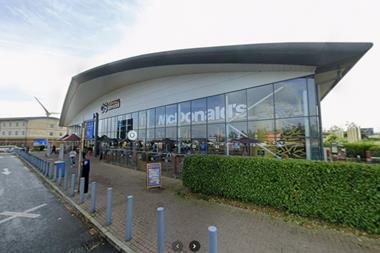
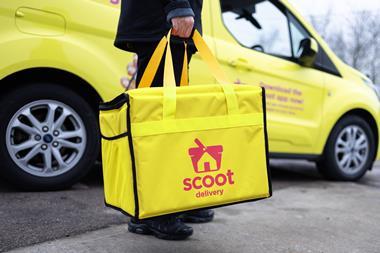

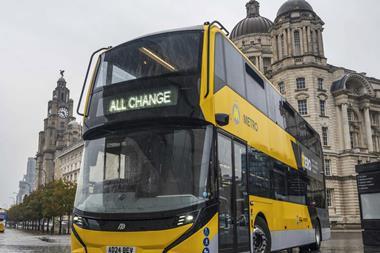
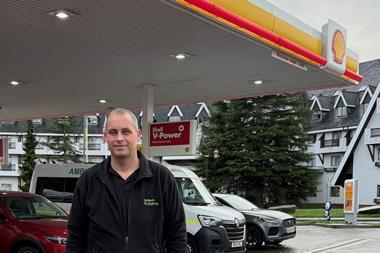



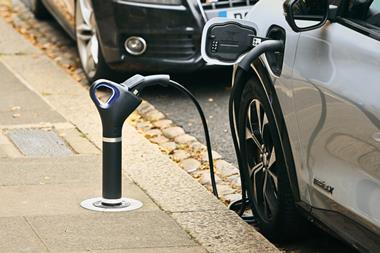
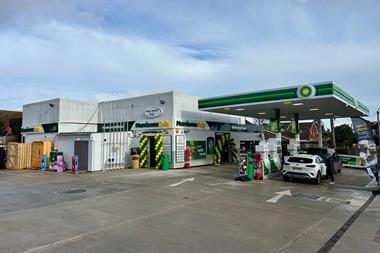
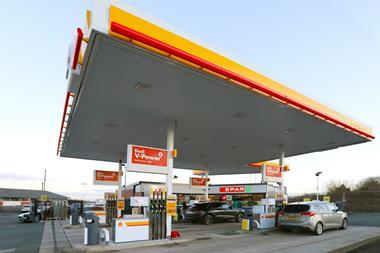
No comments yet